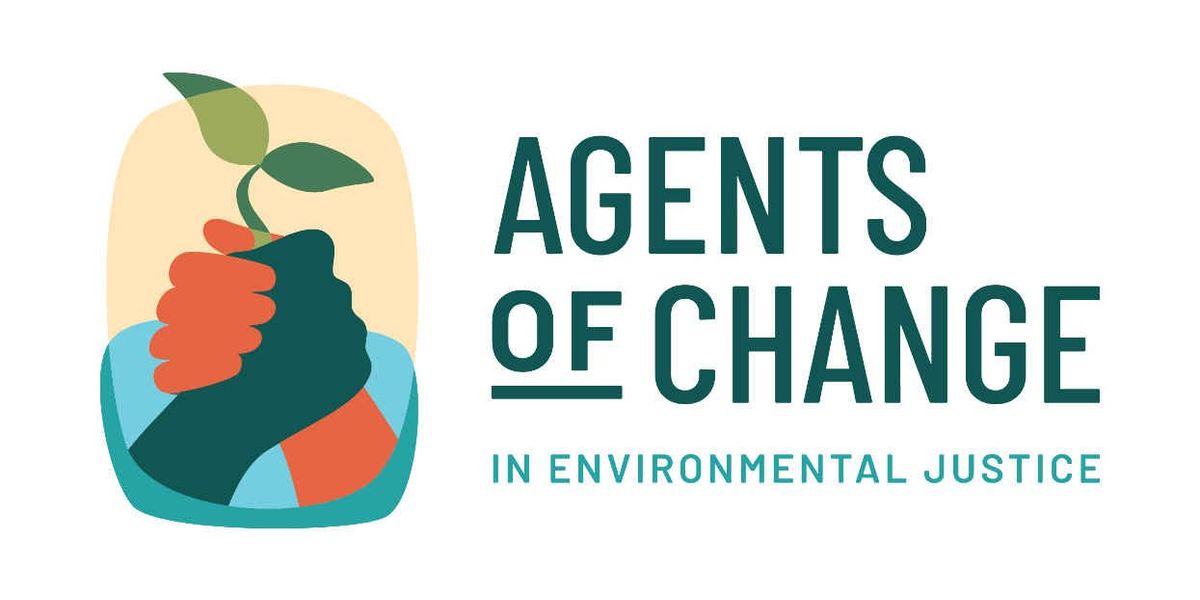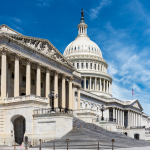
Dr. Robbie Parks joins the Agents of Change in Environmental Justice podcast for a bonus episode to discuss how hurricanes have become deadlier in recent years and how we can better protect vulnerable communities.
Parks, a senior Agents of Change fellow and assistant professor of Environmental Health Sciences at Columbia University’s Mailman School of Public Health, recently published a study with colleagues that looked at hurricanes over the last 30 years and found that hurricanes have become deadlier in recent years and are hitting people who are already socially vulnerable hardest. The study comes as communities in Florida are still cleaning up from Hurricane Idalia and other storm systems are brewing in the Atlantic.
The Agents of Change in Environmental Justice podcast is a biweekly podcast featuring the stories and big ideas from past and present fellows, as well as others in the field. You can see all of the past episodes here.
Listen below to our discussion with Parks, and subscribe to the podcast at iTunes or Spotify.





